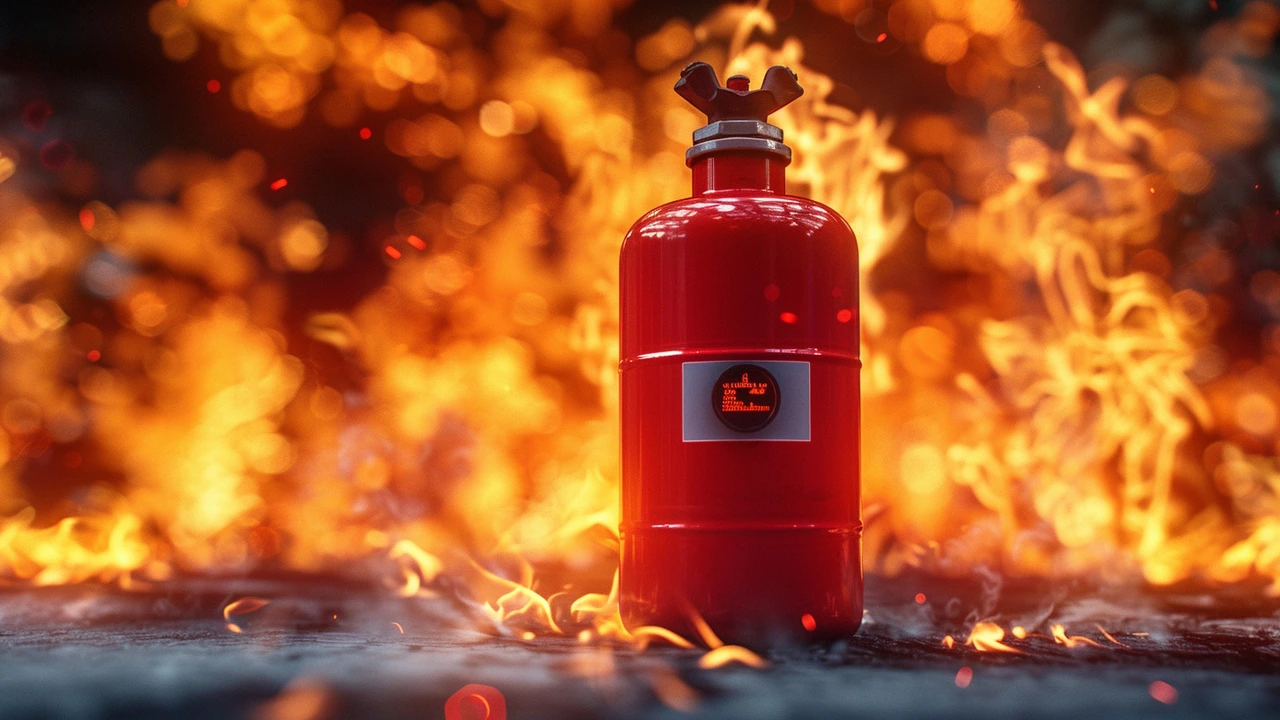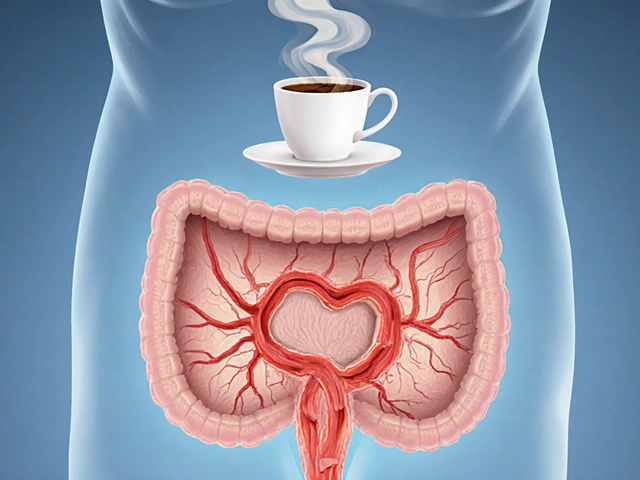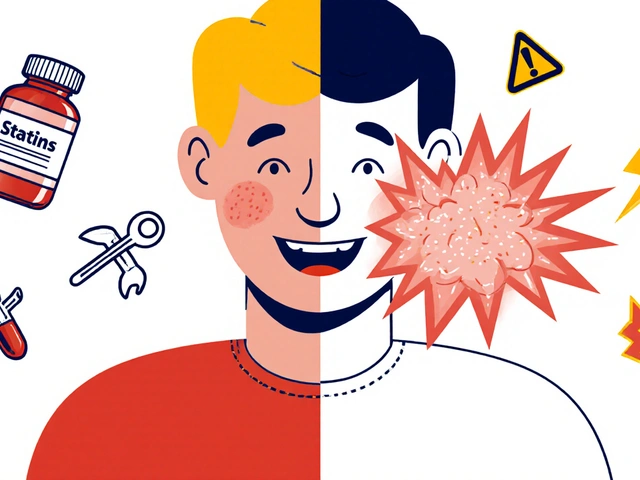Anantnag Gas Explosion — March 2024 Archive
March 2024 on GenericVilla.com covered a single, urgent story: a gas explosion at the Maternity and Child Care Hospital in Anantnag that injured ten people, including two children. This page pulls together the facts we published, the immediate medical response, and practical steps readers can take if they face a similar incident. If you want quick, useful info about what happened and what to do next, keep reading.
What happened
The explosion hit the hospital on a Tuesday morning. Local reports said a gas leak in the heating system caused the blast. Ten people were hurt — two of them were children. Wounded patients were taken to GMC Anantnag for treatment right away. Authorities began an investigation and emergency teams responded to secure the area and check for further risks.
We focused on clear, verifiable details: location, cause reported by responders, number and age range of the injured, and where victims received care. There were no speculative claims about wider causes or long-term outcomes in our coverage — just the verified facts and the response steps taken by local health services.
What to do if you face a gas leak or a hospital blast
Being near a gas leak or explosion is chaotic. If you’re ever in this situation, your immediate priorities are safety, basic first aid, and getting professional care. Move away from the leak or damaged area as quickly and calmly as possible. If someone is burned, cool the burn with running water for at least 10 minutes and remove tight items like rings or watches if the person can tolerate it. For breathing trouble or smoke inhalation, get the person to fresh air and seek emergency care right away.
When help arrives, tell responders about any symptoms, past medical conditions, allergies, and current medications. Hospitals treating blast or burn victims focus on wound cleaning, pain control, and breathing support if needed. They may also provide tetanus shots, wound dressings, and observation for internal injuries. Avoid home remedies that could hide symptoms or make wounds worse; let trained clinicians assess and treat injuries.
If you’re responsible for a facility, check heating and gas systems regularly. A simple maintenance checklist can prevent leaks: inspect connections, install functioning gas detectors, and schedule professional servicing before the cold months. If you smell gas, leave immediately and call emergency services from a safe distance — do not switch lights or use electronics near the leak.
Our March post kept things factual and practical. We’ll update this archive if new, verified information comes in. If you were affected or have reliable local updates, consider contacting local authorities so care and investigations can move forward quickly.
A devastating gas explosion at the Maternity and Child Care Hospital in Anantnag, Jammu & Kashmir, injured 10 individuals, including two children. The incident occurred on Tuesday morning due to a gas leak in the heating system, prompting immediate medical attention at GMC Anantnag.
View Details

